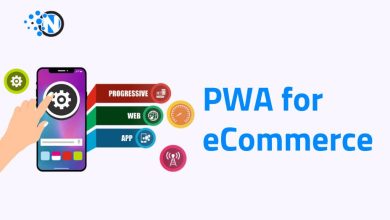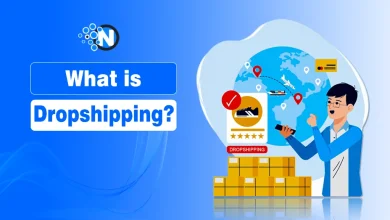Best eCommerce Tools to Build and Grow an Online Store
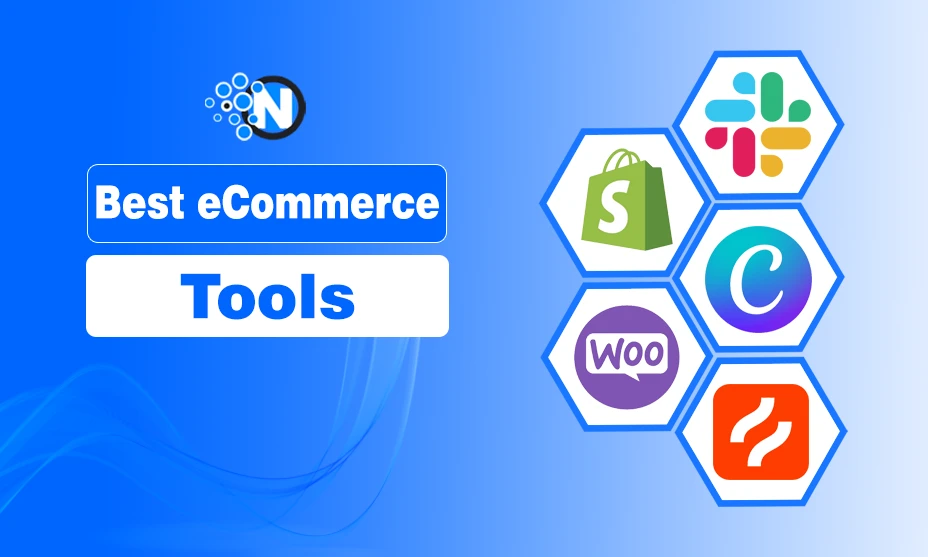
Online shopping has totally changed how people purchase products. It helps them buy what they need from the comfort and convenience of their own homes.
It has not only made shopping easier and more convenient, but it has also opened up a world of possibilities for brands and companies to gain access to a broader customer base.
According to TrendingTopics, global online retail sales are $5.2 trillion and 76% of US adults shop online.
With increasing numbers of online customers, starting an online store can be a rewarding and lucrative venture.
In this blog post, I have listed some best eCommerce tools to create and grow an online store. So what you are waiting for?
Let’s start here!
Best eCommerce Tools to Build and Grow Your Online Store
There are countless eCommerce tools that businesses can use for several purposes. From online store development to marketing, these tools can help streamline various tedious tasks and operations.
Hence, it is important to consider which platform or tool you want to use, what features you need, and how much customization is available.
There are some of the best eCommerce tools that anyone can use to build and grow online stores effectively:
eCommerce Website Builders
eCcommerce website builders are a great option for businesses that need to get an online store up and running quickly. These builders provide customizable templates, shopping cart options, payment processing capabilities, and more, all within an easy-to-use platform.
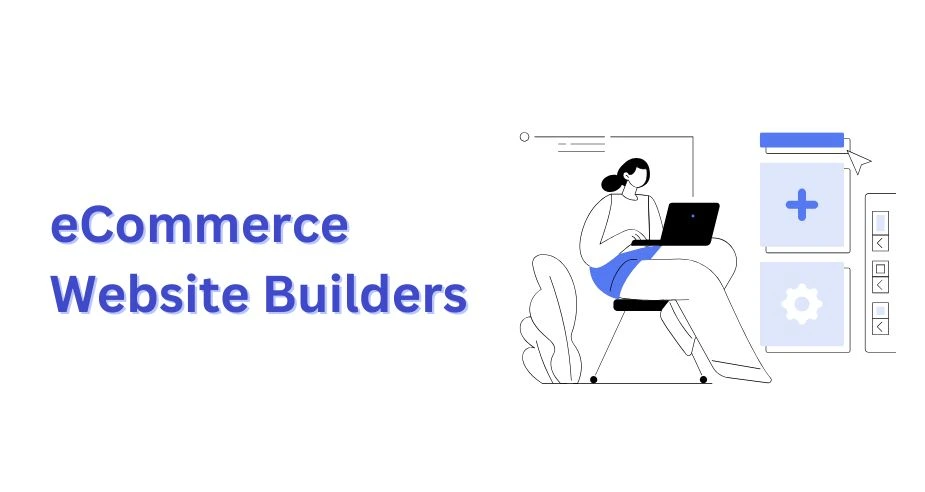
1- Shopify
One of these platforms is Shopify which has gained much popularity because of numerous features that it offers and ease of use. It has lots of templates, an app store and above all, excellent customer support. Shopify is flexible and recommendable for use in start-up businesses as well as leading worldwide companies.

2- WooCommerce
WooCommerce is a great option if you already know WordPress because WooCommerce is a free e-commerce plugin. It offers many plugins to enhance the capability and a lot of options to modify the site as per the user’s preference. This is an attractive and convenient option as there are lots of WooCommerce plugins available to fulfill your company’s needs.
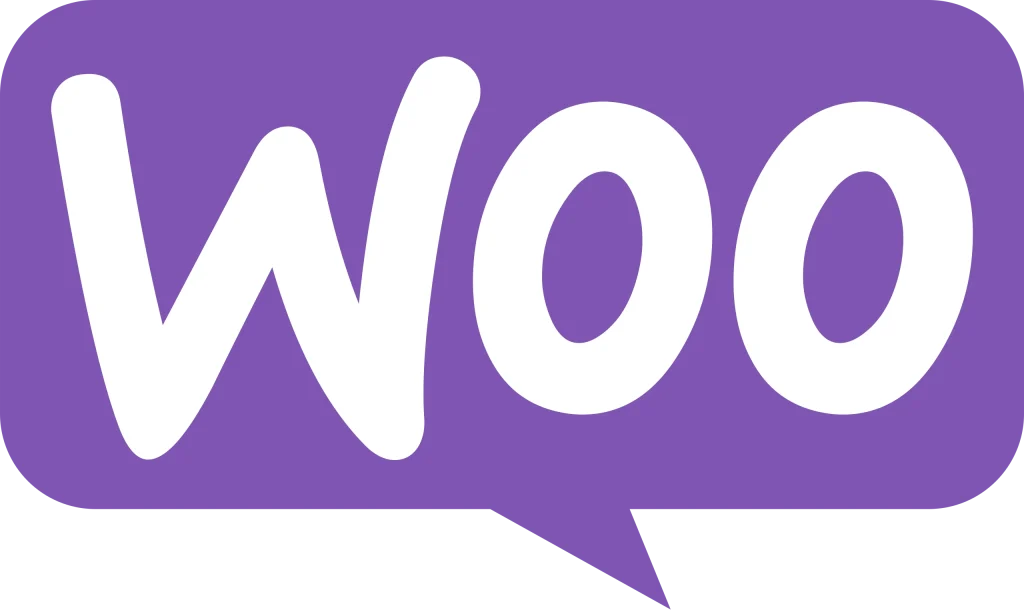
3- Wix
Wix is a very strong e-commerce tool and a quite versatile website creator. The groundbreaking interface makes it easier to develop a unique online store. Also, Wix provides features such as social presence, customer profiles, and cart abandonment. If you are looking for a great platform and full customization features, this is a great choice!

Content Creation Tools
Without content, no online store is complete. Store owners may quickly and simply create interesting content for their online stores with the use of content creation tools. The top tools for creating content for online retailers are shown below:

1- ChatGPT
ChatGPT is a great generative AI tool that helps you create website copy, production descriptions and marketing messages in seconds. With the best AI assistance provided by ChatGPT, you can build and grow your online store in the best way possible.

2- Jasper
The goal of the Jasper AI writing tools is to improve and speed up your writing. Jasper’s tools make content creation simple with a variety of features that facilitate the production of high-quality material. The package provides everything you need for productive writing, including automated text analysis and sentence rephrasing.
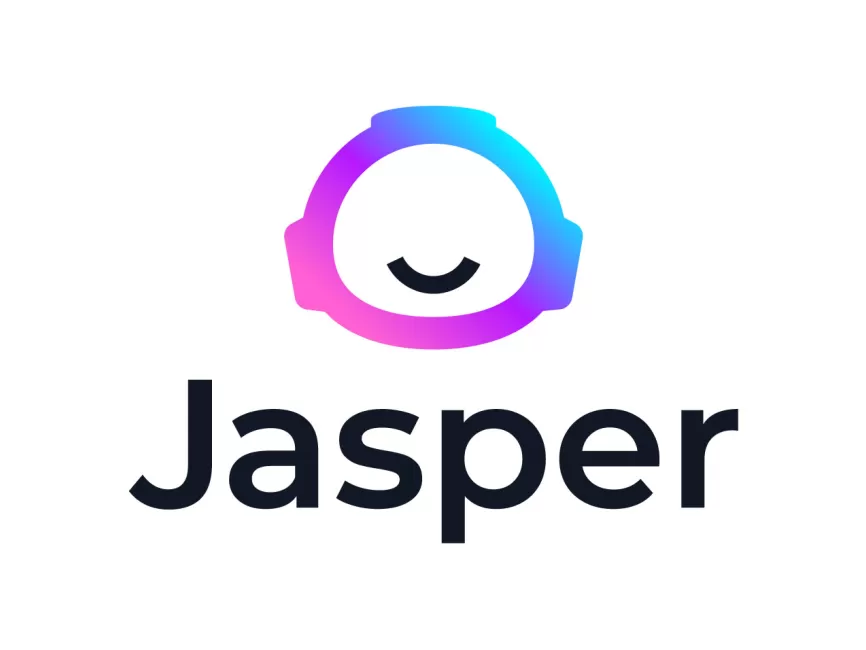
3- Canva
With the help of this robust graphic design tool, users may produce eye-catching images for advertising campaigns or in-store displays like presentation slides, infographics, and banners. Canva’s drag-and-drop interface and pre-made templates make creating content simple.

Email Marketing Tools
Online business owners can utilize these fantastic marketing techniques to increase sales and their clientele.

1- OmniSend
For companies of every size, OmniSend is the ideal email marketing solution. It assists you in rapidly creating customized emails that cater to the unique requirements and preferences of every user thanks to its robust automation features. Furthermore, OmniSend provides a wide range of customization choices that let you adapt your campaigns to any audience or sector.

2- MailChimp
Businesses of all sizes use MailChimp, an email marketing tool, to send focused campaigns, automated messages, and newsletters. It offers a plethora of tools that enable users to build compelling and successful emails that are customized to appeal to their target audience. Online retailers can effortlessly manage their subscriber lists, create personalized email templates, monitor campaign performance, and more with MailChimp.

Team Management and Communication Tools
When operating an online business or eCommerce website, here are some excellent choices to think about for managing your workforce and internal communication.

1- Slack
Slack is a cloud-based platform for team collaboration that helps teams communicate with one another. To keep teams connected and productive, it provides task management tools, file sharing, and real-time communications. To further expand its functionality, Slack also interfaces with other third-party apps.

2- Monday.com
Monday is a project management tool that facilitates better teamwork and task management. Because of its straightforward, user-friendly, and adaptable design, teams may tailor the platform to suit their own requirements. Teams may assign work and deadlines, upload files and documents, manage progress and tasks, create reports to keep stakeholders informed and access all project assets in one location using Monday.com.

Analytics Tools
An abundance of useful data is made available to online retailers via analytics tools, which can be used to monitor development, pinpoint areas in need of improvement, and gauge performance.
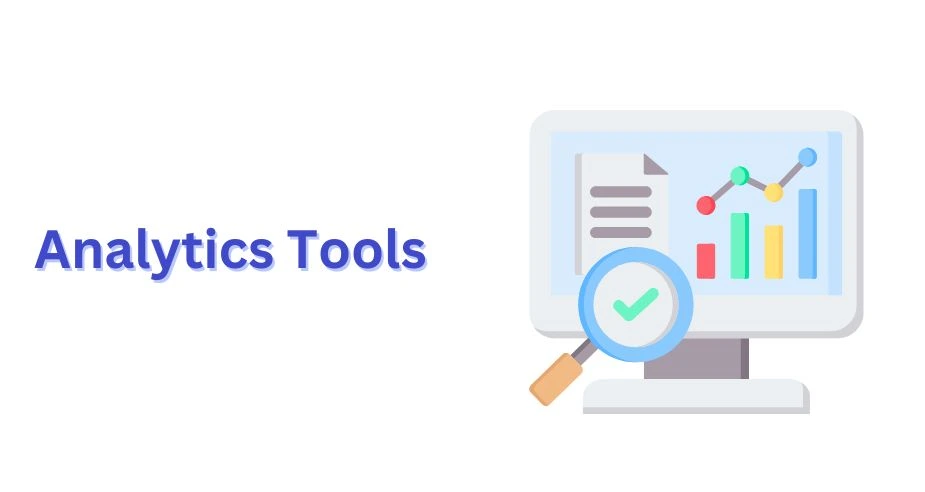
1- Optimizely
Optimizely is an effective application that makes it simple to customize user experiences and enhance the functionality of websites. Its segmentation features, A/B testing tools, and extensive analytics enable marketers to design user-specific campaigns based on their preferences and activities. Additionally, Optimizely provides thorough connection with external data sources, enabling businesses to swiftly access and examine vast volumes of client data.

2- Google Analytics
Businesses can monitor user activity on their website, including page visits, bounce rates, and conversions, with Google Analytics, a robust and free service. Setting objectives to monitor success metrics like income or signups is another use for it.
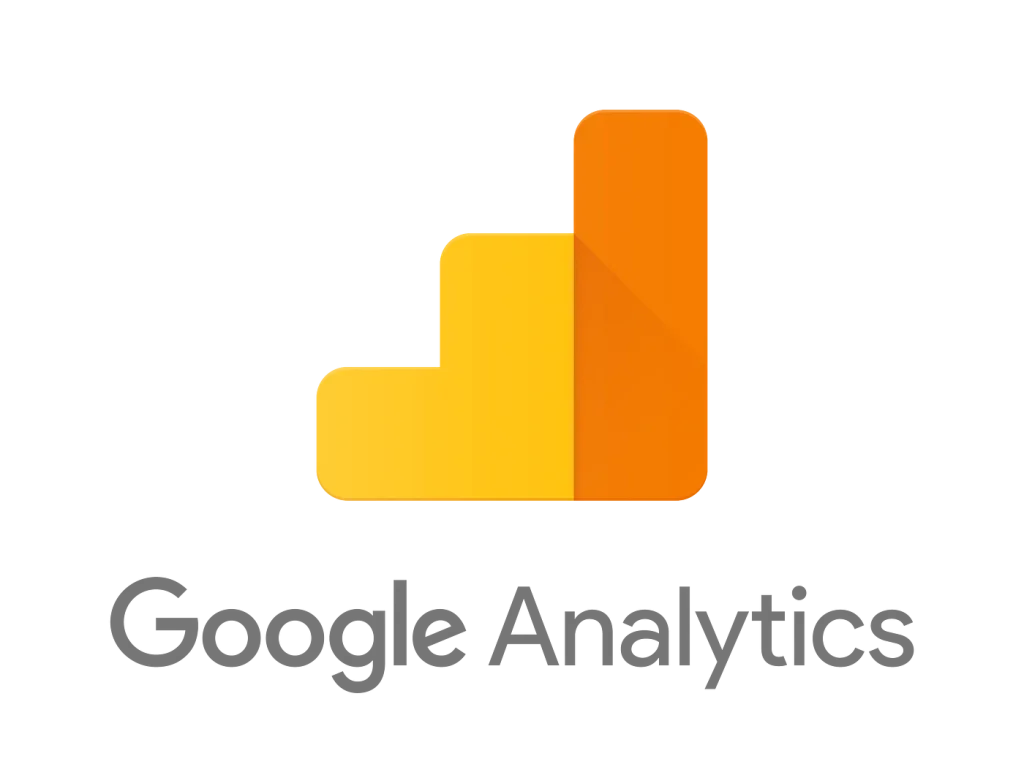
3- Hotjar
Hotjar is an analytics platform that uses heatmaps, recordings, and other visualizations to help organizations understand the behavior of their customers. With Hotjar, you can observe what users are most interested in and where they are clicking on your website.

Conclusion
Building and expanding a profitable online store requires selecting the appropriate ecommerce tools. Before choosing a tool, it is important to assess your company’s needs and objectives because each one has different features and advantages.
I have listed the best e-commerce tools that can assist you in reaching your goals, regardless of whether you value scalability, customization, ease of use, or integration capabilities.

